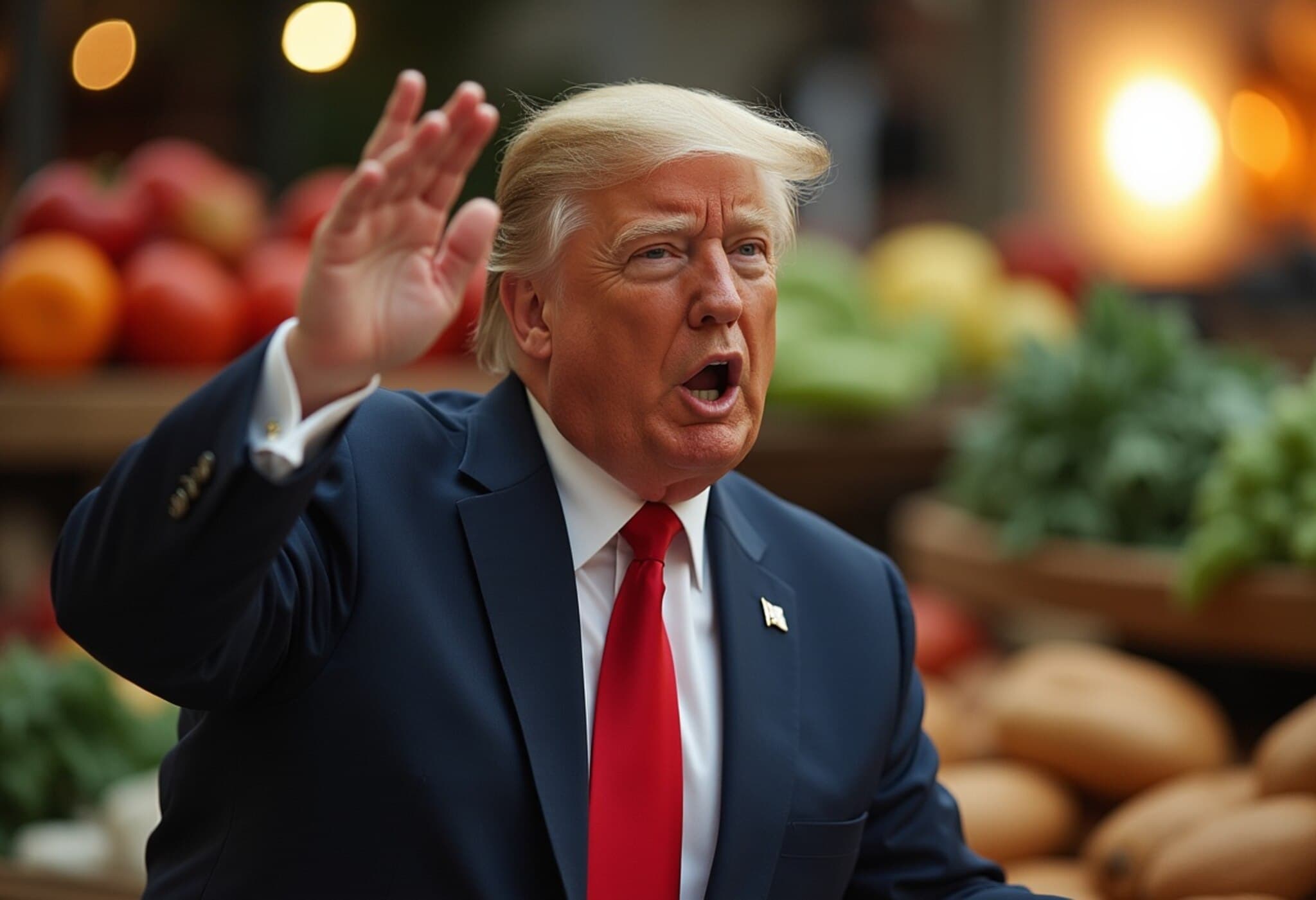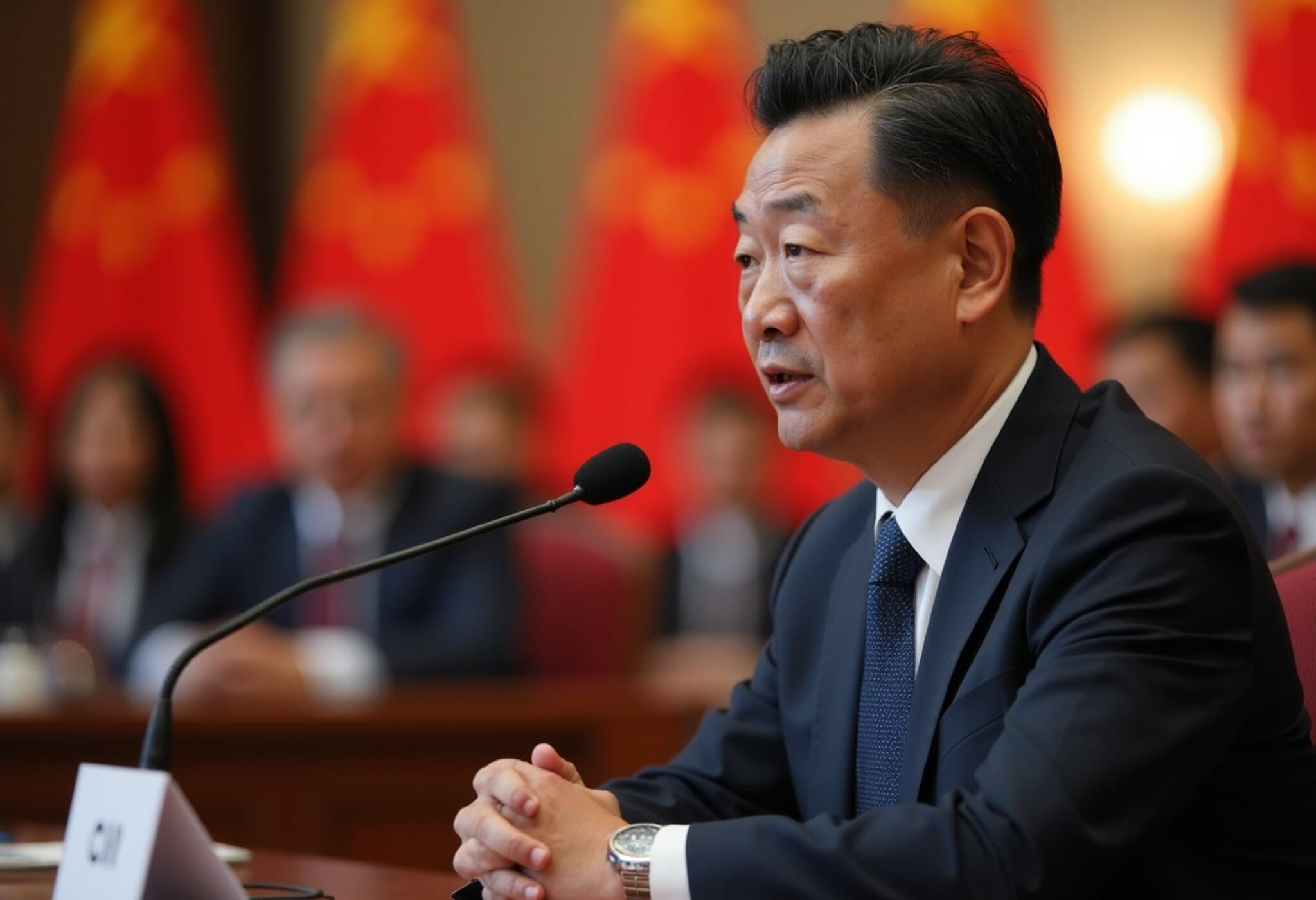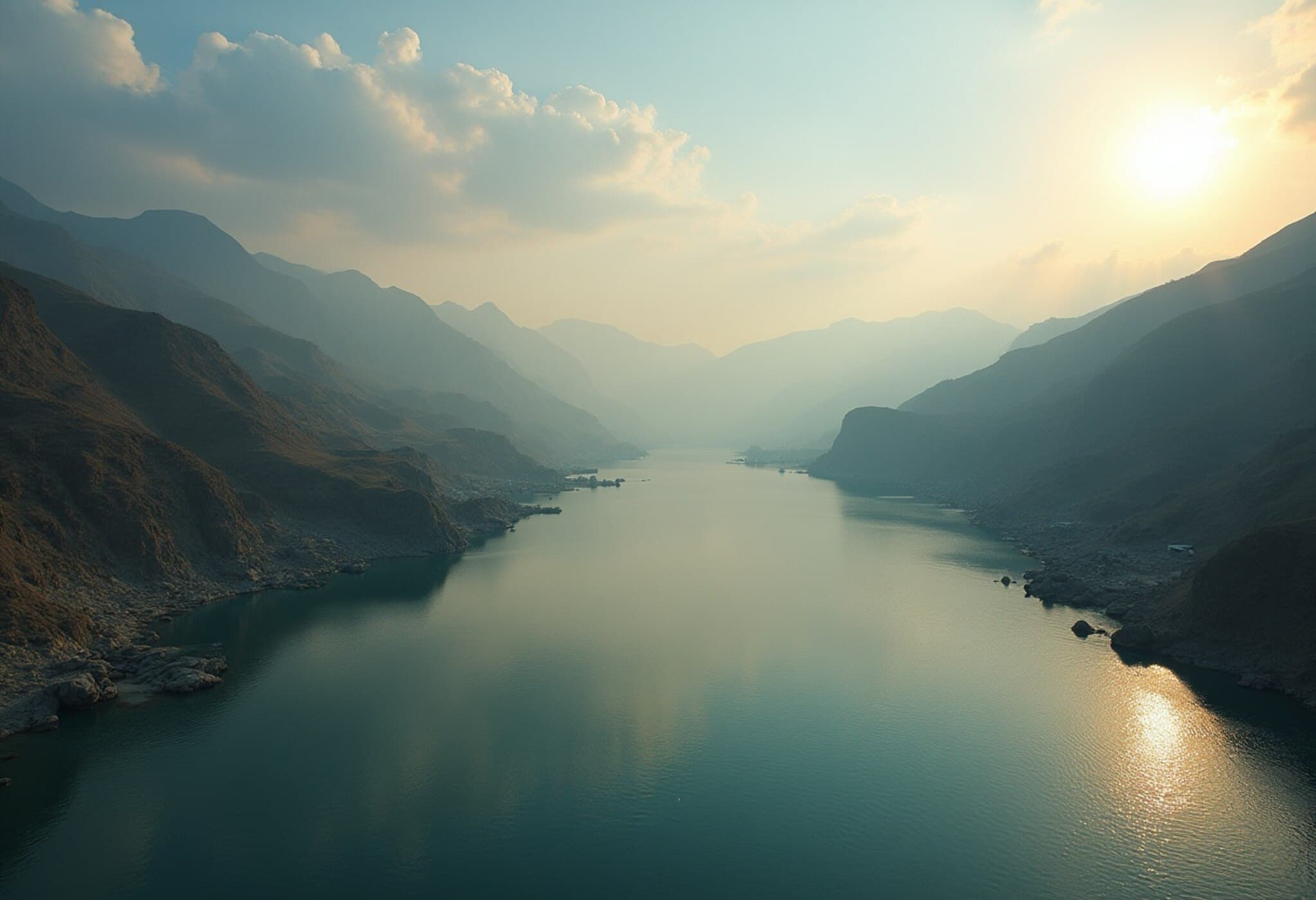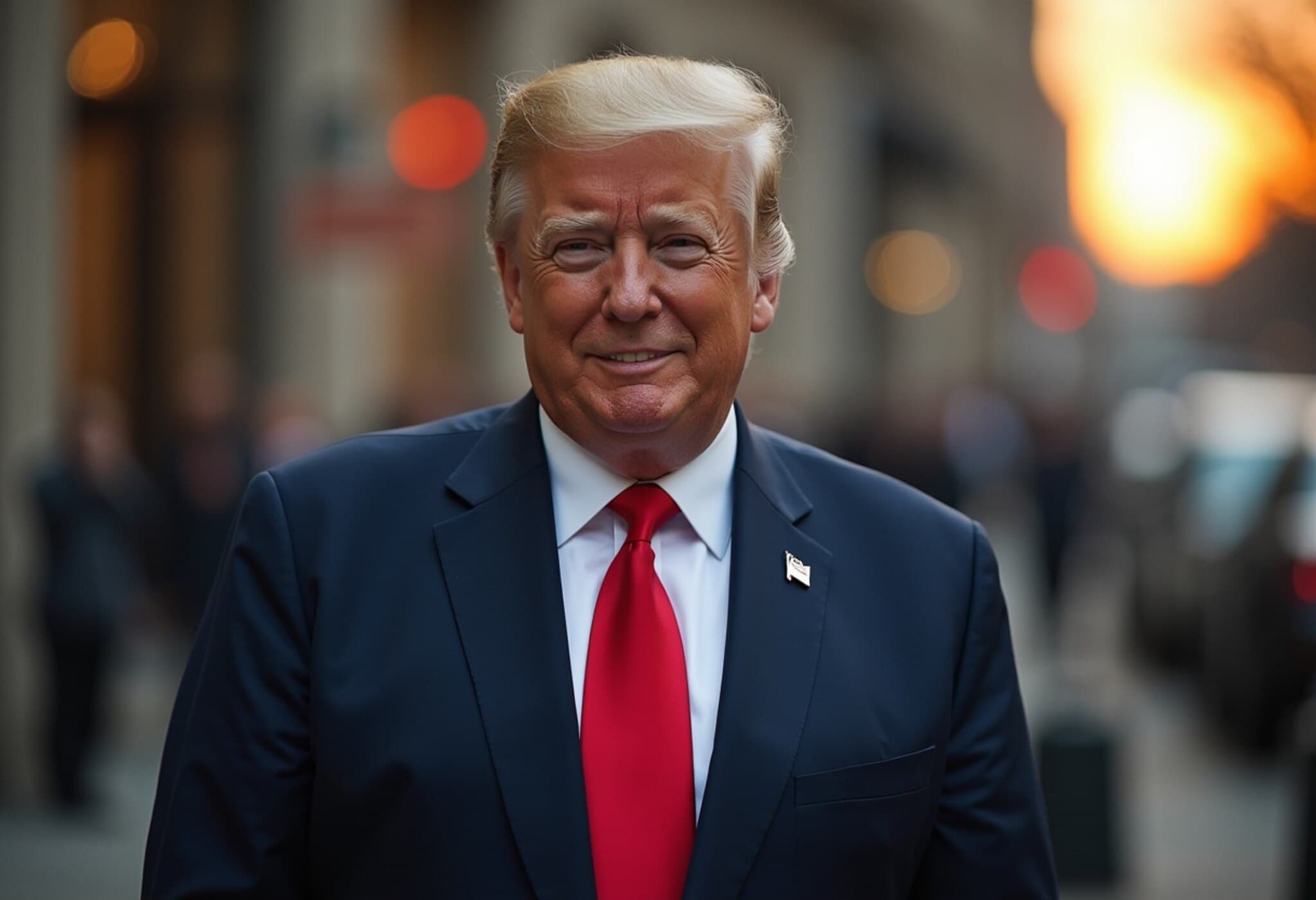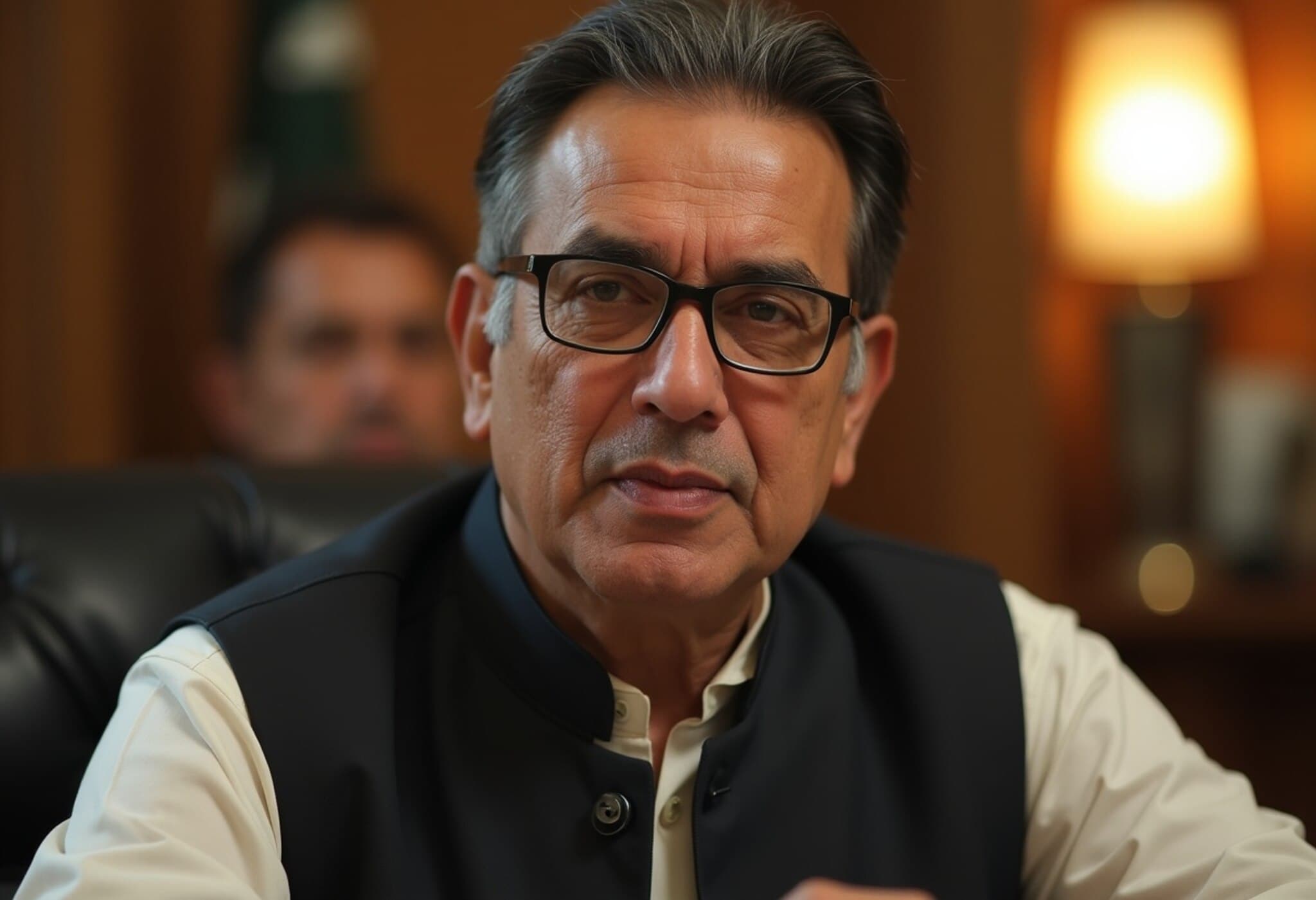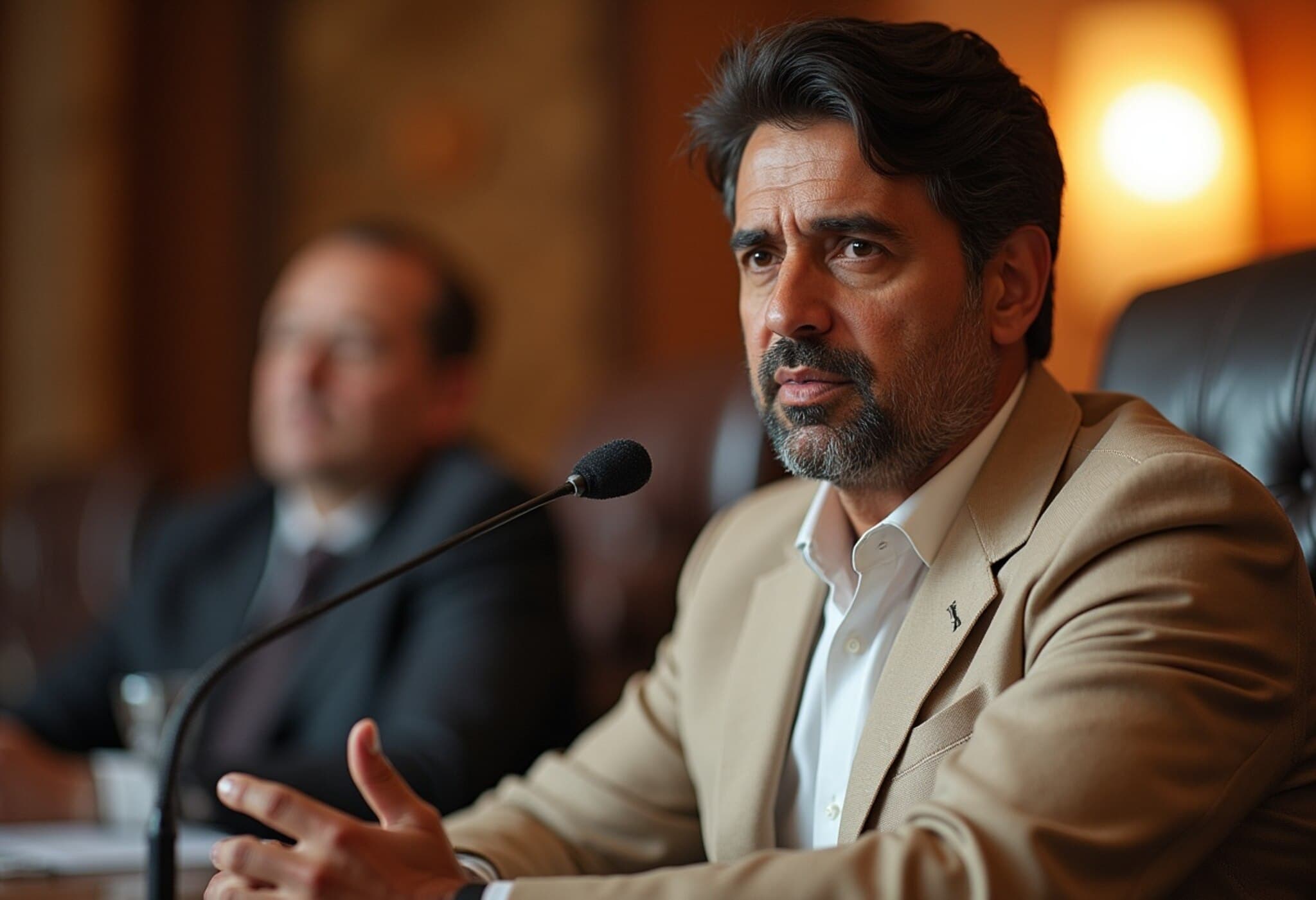Bilawal Bhutto Threatens Retaliation Amid India’s Suspension of Indus Waters Treaty
Pakistan’s Bilawal Bhutto Zardari has sharply criticized India’s recent unilateral halt of the Indus Waters Treaty (IWT), calling it an "illegal and provocative" act that could escalate tensions to war. The treaty, signed in 1960 and renowned as a cornerstone for water-sharing between the two countries, was suspended by India following a terror attack in Pahalgam on April 22.
During a National Assembly session, Bhutto warned, "We do not want war, but if water is used as a weapon, Pakistan will be compelled to respond. We have the capability to overcome India as before." He accused India of violating international law by halting the treaty and issued a stern message: "India must either share water fairly or face Pakistan asserting control over all six rivers."
What the Indus Waters Treaty Represents
The IWT, brokered by an international body, governs water distribution from six rivers flowing through India and Pakistan. It has historically regulated resource sharing despite political tensions, and its suspension carries deep ramifications.
Potential Consequences of Treaty Suspension on Pakistan
Agriculture at Risk
Pakistan’s agricultural sector, which depends on the western river system — including the Indus, Jhelum, and Chenab rivers — receives over 80% of irrigation water from these sources. The suspension threatens to disrupt the water supply, risking 30-40% reductions in crop yields by 2030 if the situation persists.
- Key crops under threat include wheat, rice, cotton, and sugarcane.
- With nearly 40% of Pakistan's population involved in farming, such disruption would inflict severe socio-economic damage.
Energy Sector Challenges
Hydropower projects like Tarbela, Mangla, and Neelum-Jhelum derive around 30% of Pakistan’s electricity from uninterrupted river flows. Any reduction in water could cripple these plants, leading to increased dependence on costly imported fuels and thermal power.
The fallout? Elevated energy prices, potential blackouts, and further strain on Pakistan’s fragile economy.
Water Scarcity and Social Impact
Major cities such as Lahore, Karachi, and Islamabad rely heavily on the Indus river system for drinking water. Disruption could trigger acute shortages, sanitation crises, and heightened public unrest.
Moreover, rural communities might extract excessive groundwater, exacerbating aquifer depletion and soil salinity. Water disputes between provinces, particularly Punjab and Sindh, could also intensify.
Economic Fallout
Water is the lifeblood of Pakistan’s economy, with agriculture accounting for over 24% of GDP. Disruptions could shave off 1.5-2% of annual GDP growth, dent export revenues from crops and textiles, and fuel inflation. The government would likely face increased pressure from emergency relief demands, deepening fiscal deficits.
Environmental Concerns
The Indus Delta faces further risks from reduced water flow and sediment, heightening threats of saline intrusion and ecosystem damage. Fisheries, coastal livelihoods, and biodiversity stand to suffer, coupled with greater vulnerability to floods and droughts.
Looking Ahead
As both nations grapple with this escalating water dispute, the stakes extend well beyond diplomatic posturing. The Indus Waters Treaty has long been a critical lifeline for Pakistan’s agriculture, energy, and overall stability. Any sustained interruption could ignite far-reaching consequences—environmental, economic, and humanitarian.
Whether dialogue or conflict ultimately shapes the path forward remains uncertain, but the clock is ticking on a water crisis with profound regional implications.






